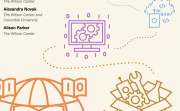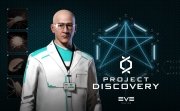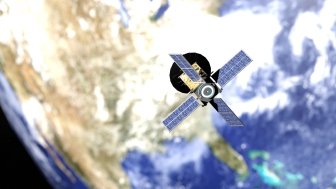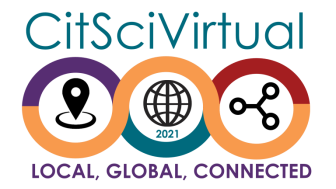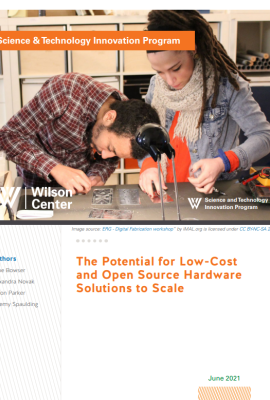Topic
Citizen Science
In citizen science, the public participates voluntarily in the scientific process, addressing real-world problems in ways that may include formulating research questions, conducting scientific experiments, collecting and analyzing data, interpreting results, making new discoveries, developing technologies and applications, and solving complex problems. Credit: CitizenScience.Gov
Insight and Analysis
Browse All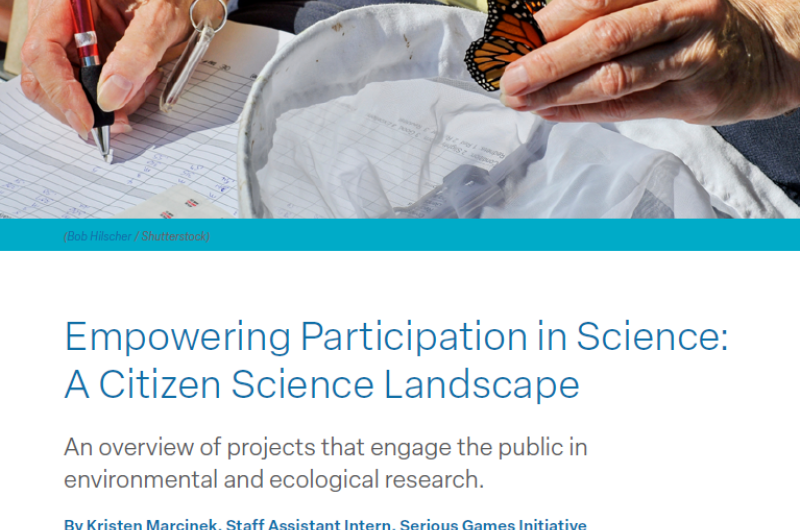
Posted date/time:
Explore more in Citizen Science
68
results

